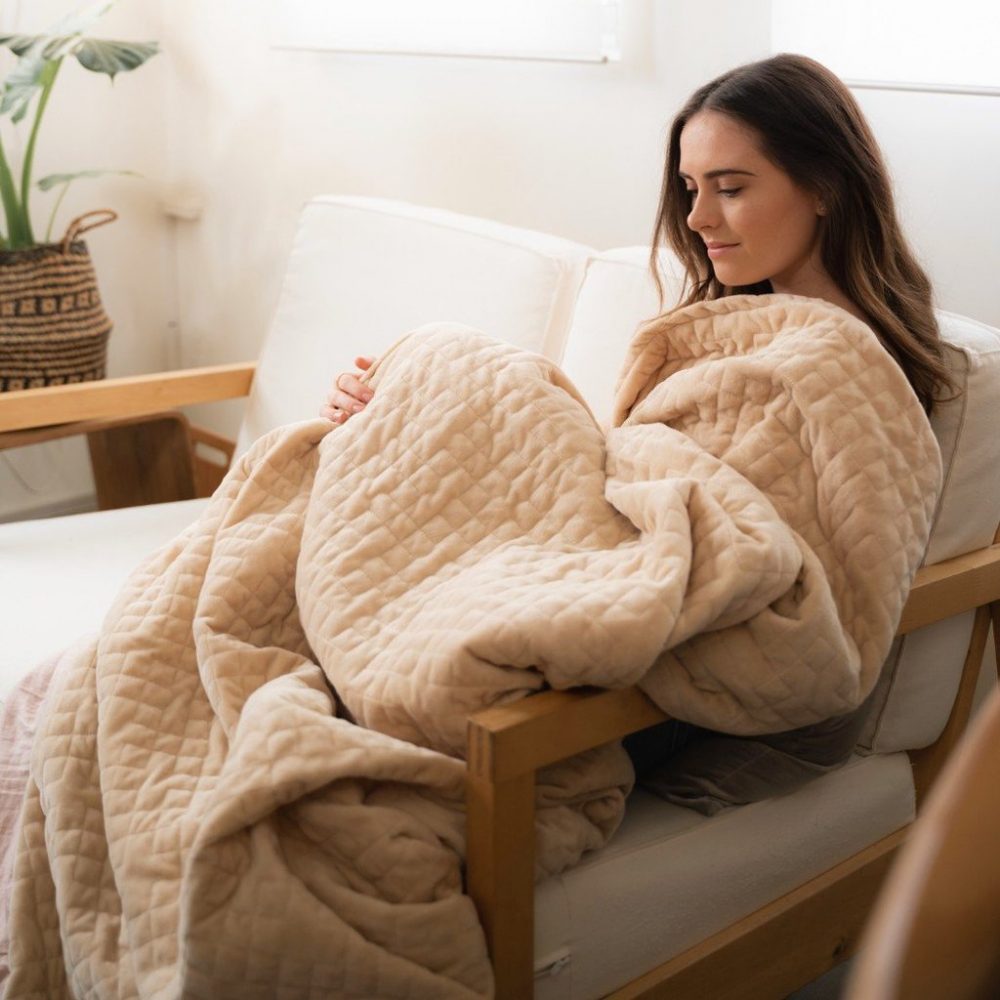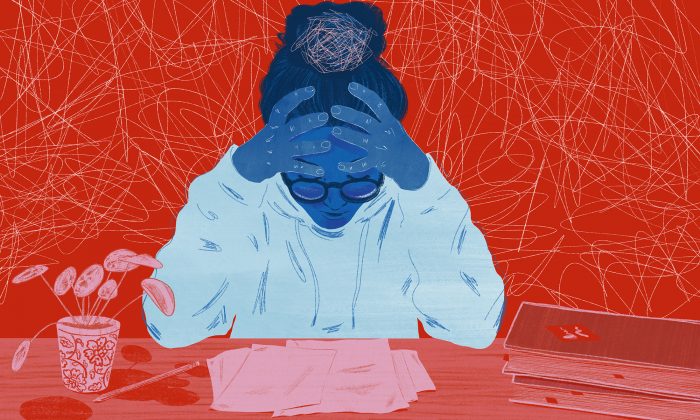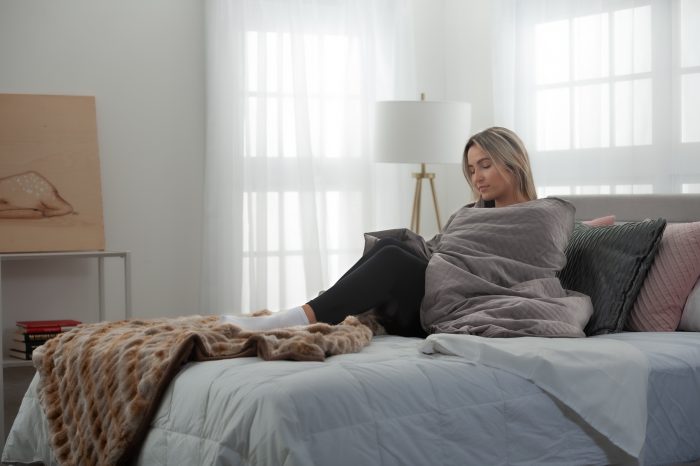
A good night’s sleep is one of the greatest privileges that a human can have. Even though it is an inherent process of most mammals, not only common to humans, due to the complex psychological aspect of the human brain, there can be various reasons that we may not be able to sleep properly.
We see and consume a lot of information day in and day out, and every single thing has a different effect on us in different ways. Moreover, not all people have the same impact on the same kind of information. Each human mind is unique and complicated in its path.
Therefore the effects on it are also induced uniquely. People try ‘n’ number of things while suffering from various psychological problems.
Meditation, therapy sessions, and other ways of trying to put their minds at ease, but they forget that there are more minor details to be changed first in their lives. Sleep is known to be the main phase of healing for both mental and physical damage. If you want to know more about weighted blankets, visit SensoLife to learn more.

When doctors ask an injured patient to rest, it is mainly for the healing process that is boosted during REM sleep. Now the question that begs is, can sleeping accessories help you sleep better? Of course, it can. Although they aren’t a direct cause of making you sleep and especially those with insomnia problems and anxiety, they can supplement people to have a good night’s sleep.
Therefore, let’s take a look at the titular sleep accessory, the weighted blanket, in its process of helping people have a good night’s sleep. But before that, let’s examine some of the psychological and physical problems a weighted blanket has the scope to ease.
Anxiety

Anxiousness is usually expected for human beings. It is the onset of hard feelings of adrenaline rush due to the uncertainty of an event. It is a widespread and natural response of the body to specific situations in our day-to-day life. But the problem caused by anxiety is when it begins to interfere with the activities in our life every day.
This is what’s called an anxiety disorder. But this is an understatement and oversimplification of the disorder. Anxiety disorder is a complex neurological disorder characterized by constant feelings of anxiety which causes unpleasantness and discomfort. It isn’t something that will go away by itself and worsen if not treated in time.
Variations In Anxiety
Anxiety is an entire condition that has various types that are existent within it. Some of the types of anxiety disorders are:
-
Fear/Phobia
Phobia is an extreme fear of certain stimuli or objects in your life. Unlike usual fears, phobias are profoundly psychological and can be severe if not treated properly.
-
Panic

Probably the most debilitating type of anxiety is panic. Panic disorders can be bothersome and impede day-to-day activities due to their effect on everyday life. Panic, unlike phobia, is a sudden onset of extreme fear triggering physical reactions when there may or may not be any actual reason to panic or anxiety. This can include fearsome episodes of panic while crossing the road, entering an elevator, or general discomfort at the thought of a loved one in danger.
RLS

RLS, an acronym for Restless Legs Syndrome, is the uncontrollable desire to keep shaking your legs consistently. This isn’t supposed to be confused with the regular shaking of people’s legs when they are bored or to relieve tension. This is a neurological disorder that is usually more active in the evenings.
Although, self-care and constant motion such as walking can help this syndrome get better. It is a progressive disease. It can start at any age and can only keep getting worse as the person progresses in age. This is why immediate care and caution should be taken as soon as they’ve been diagnosed with it.
Causes Of RLS
-
Genetics
RLS can be hereditary and can be passed from parent to child. Genetic disorders usually cannot be cured, but those with RLS can maintain and control the frequency and urge to shake their legs with various methods, practices, and changes in lifestyles.
-
Giving birth
Pregnancy is equivalent to riding a rollercoaster of hormones that take a toll on the body. Women usually experience RLS during their trimester, and symptoms typically subside post-delivery of the baby. This is because the hormone levels change back to normal, and usually, there is no need for treatment for such conditions.
-
Lack of nutrients

Lack of a proper diet can also cause RLS. Iron deficiency, in particular, causes the onset of RLS in people. Once the iron levels change back to normal for the person, the symptoms subside themselves over time.
Weighted Blanket Pros And Cons
The Pros of a weighted blanket are as follows:

- They help in calming the person that is using the blanket. Its smooth feeling for the skin helps put the person in a state of security and comfort, thereby relaxing them effectively.
- About pregnant females, cortisol levels usually are higher than average, causing higher stress in them than usual. Weighted blankets help reduce those hormones over continued use over time.
- Helps treat RLS through a pressure point system. Basically, unlike regular blankets, which have uneven weight here and there, weighted blankets are carefully designed to ensure each part of the blanket has the same amount of weight. This even spread of weight on the human body activates various pressure points, thereby soothing the nervous system and helps relieve RLS.
- Although the cure for anxiety depends on the treatment of mental symptoms more, weighted blankets help reduce their physical symptoms such as shaking, shivering, and other reactions due to panic or phobia.
The cons of the weighted blanket are as follows:

- Since they are highly beneficial for medical causes, they are a lot more expensive than regular blankets.
- They can take time to adjust and therefore relies on the patience of the person suffering discomfort.
- They might not be travel friendly due to their weight, making you a heavy packer without choice.








